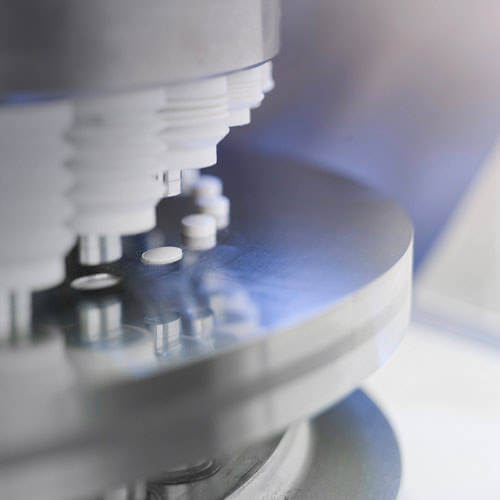When it comes to hygienic sealing solutions, the food, beverage and pharmaceutical industries immediately come to mind.
These are obvious areas where seal integrity is vital — contamination from a leaking seal can invalidate an entire product batch.
Production lines must be compliant with national hygiene standards, including the seals used to isolate and protect the system.
Hygienic standards for food and beverage production
Food and beverage processing puts immense strain on system seals. They must contend with temperature and pressure extremes while maintaining long-term hygienic sealing. Compromised seals must be isolated immediately before risk is transferred to the consumer.
The international standard controlling system seals in food and beverage production is the ISO 12100 series. These are concerned with the hygiene risks of the machinery to the consumer of the product being processed, rather than safety risks to the operator of the machine. Australian producers must comply with these standards to compete in the international market.
The materials used in our seals also comply with regulations laid down by the US Food and Drug Administration, European Food Contact Materials Regulations 1935/2004 and US NSF regulations.

Hygienic sealing solutions in pharmaceutical production
The bar for hygiene levels in the pharmaceutical industry is extremely high, considering the consequences of a contaminated vaccine, pill or injectable fluid.
At Freudenberg Sealing Technologies (FST), we have created special USP Class VI-tested and EHEDG-compliant sealing systems for contact with high purity water or ultrapure steam.
Concerned about possible contamination from seal material on pharmaceuticals, FST conducted its own extractables study. This identifies substances that migrate out of seal elastomers in the presence of solvents and under certain pressures and temperatures. The result:
“EPDM [Ethylene Propylene Diene Monomer rubber] materials from Freudenberg display only a few peaks in comparison with the extraction values of other materials. This means they are superbly suited for sensitive applications.” In other words, the seals have a negligible effect on the drugs they are helping to produce.
Sealing systems for the chemical industry
In Australia, chemicals are regulated according to their use. The National Industrial Chemicals Notification and Assessment Scheme (NICNAS) regulates the manufacture of chemicals for cosmetic use.
Compliance with seal hygiene standards in cosmetics production is a chief concern in sealing design and materials. Freudenberg supplies a range of flat gaskets that are highly resistant thermally and chemically for the lines used in the chemical industry, specifically the production of cosmetics.
ISO 22716 is the international standard that provides guidance regarding Good Manufacturing Practices for cosmetic products.

The hygiene issues threatened by poor sealing systems in the food, drugs and cosmetics mean only the best-designed and stringently tested seals are used. Our selection, and insistence on benchmarking our own products, maintains the integrity of production equipment in the toughest conditions. If you're looking for compliant hygienic sealing solutions, contact our team.